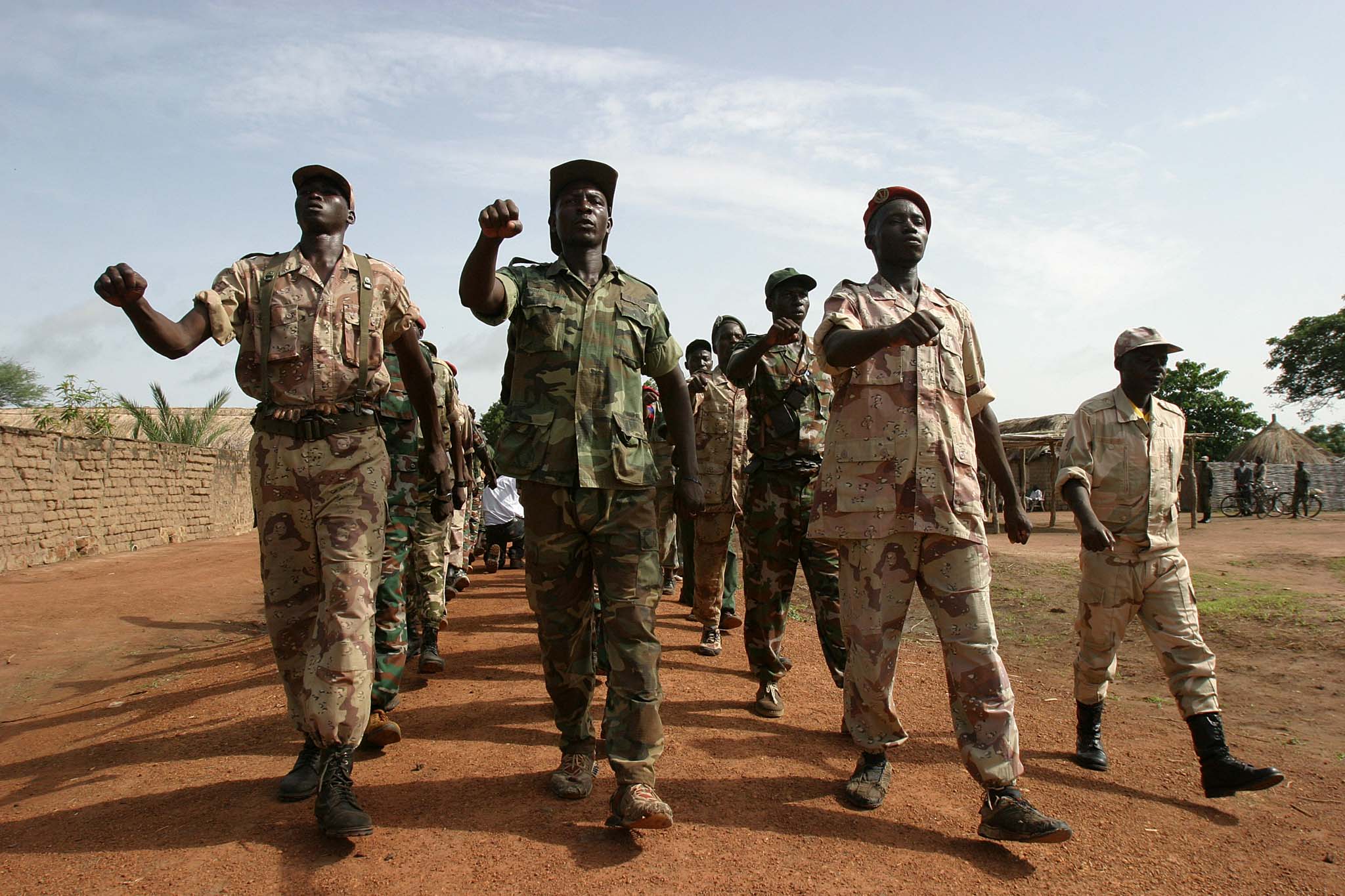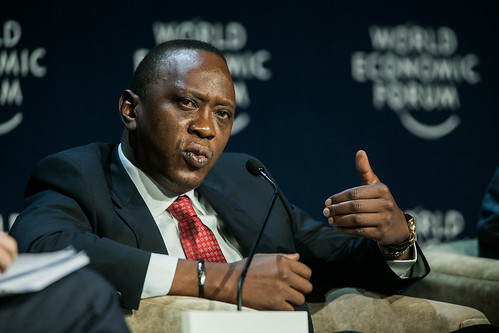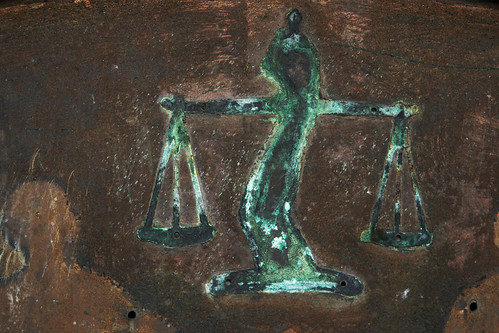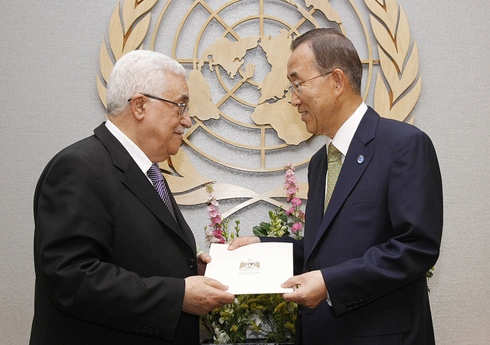
Editor’s note: this article was first published on JiC on 11 December 2013.
The Central African Republic (CAR) is “descending into chaos“. In the past few months, violence and instability in the country have proliferated. In November, the French Foreign Minister even used the ‘g-word’ to describe the situation in the CAR, declaring that ”[t]he country is on the verge of genocide”. Jean Ging, of the UN’s Office for the Coordination of Humanitarian Affairs, similarly suggested that the country is sowing the “seeds of genocide“.
In response to the crisis, the international community has immersed itself knee-deep into another military and humanitarian intervention. [In the week of 2 December 2013], the UN Security Council unanimously authorized France and African Union forces to use “all necessary measures” to protect civilians. The African Union and the UN Security Council have their work cut out for them. In endorsing international intervention into the CAR, the International Crisis Group stated:



